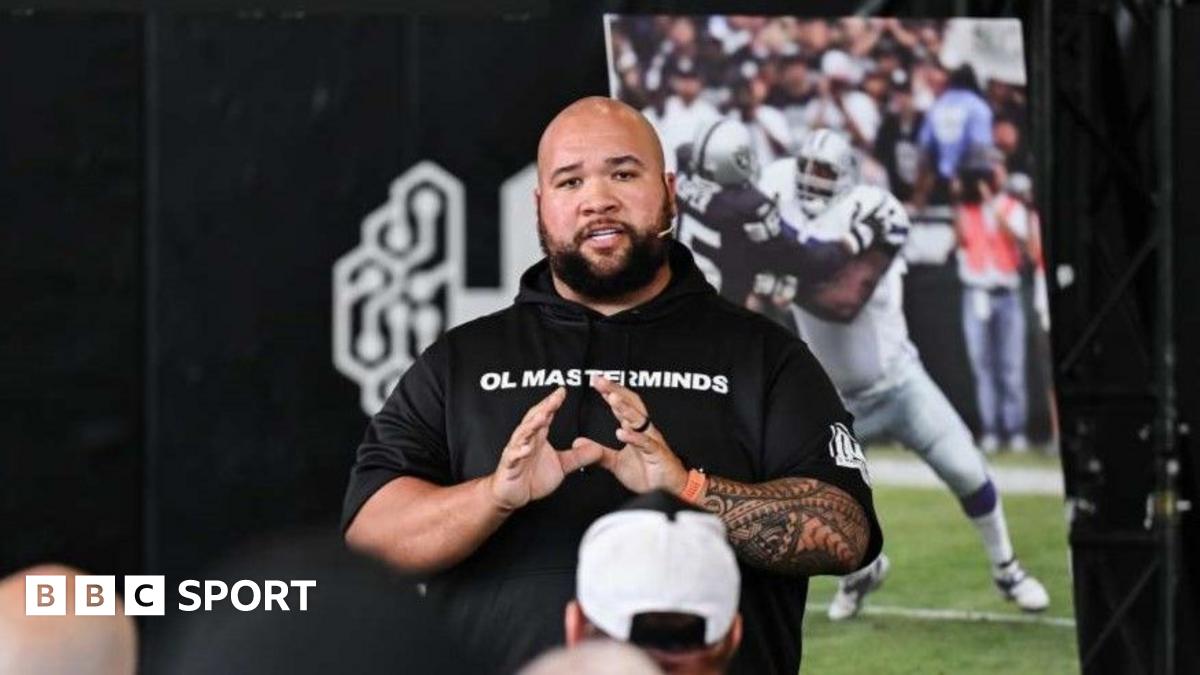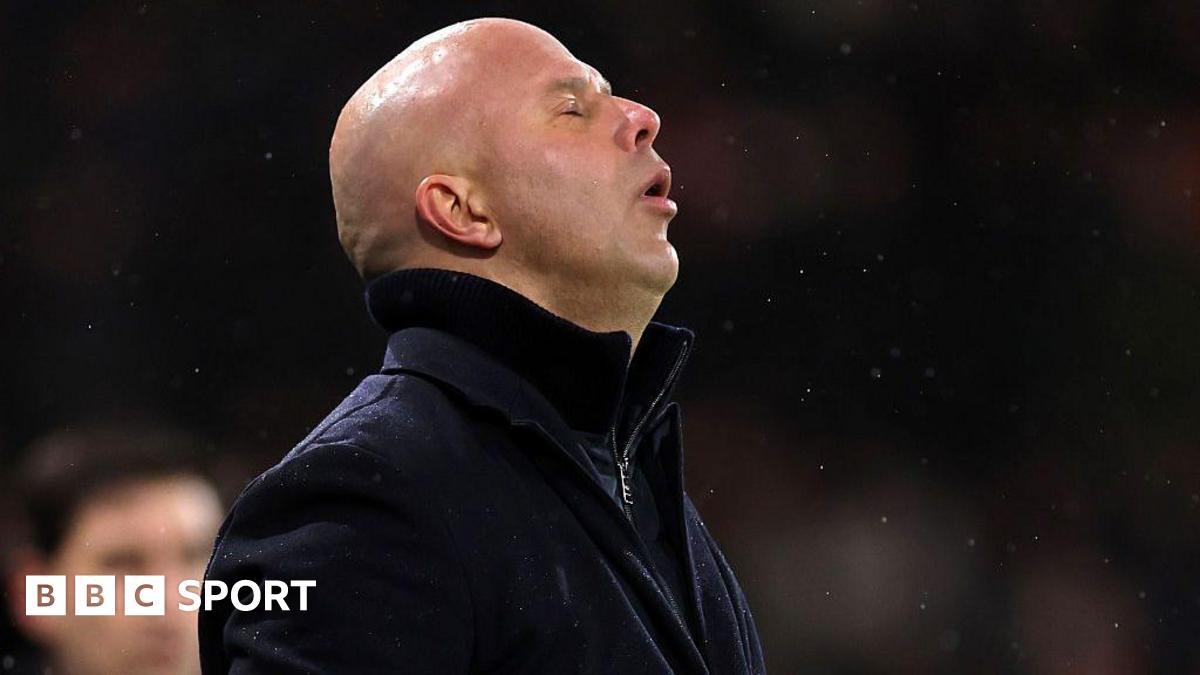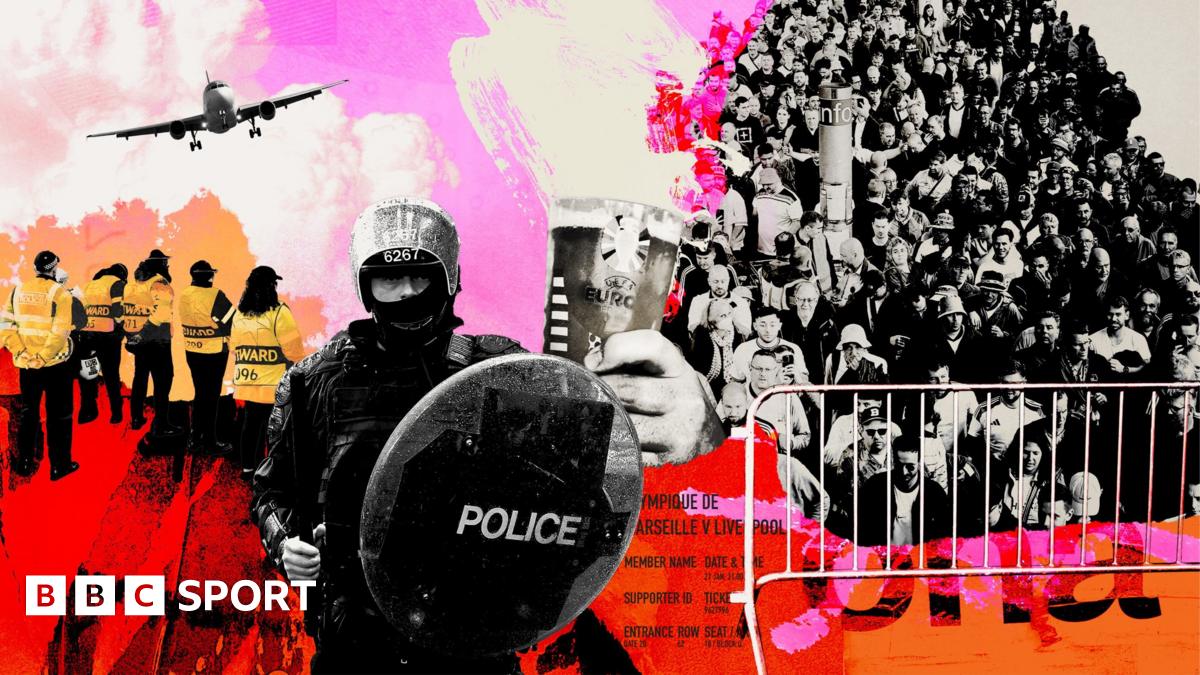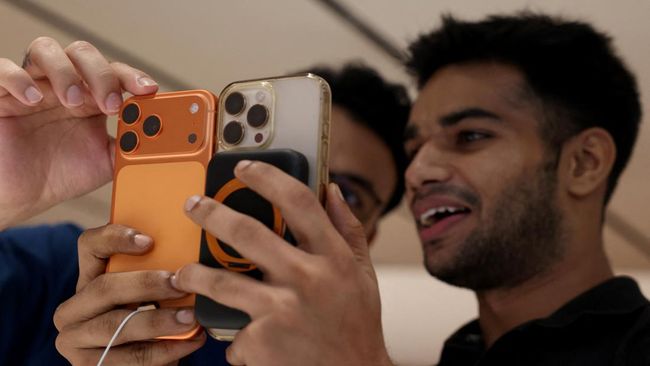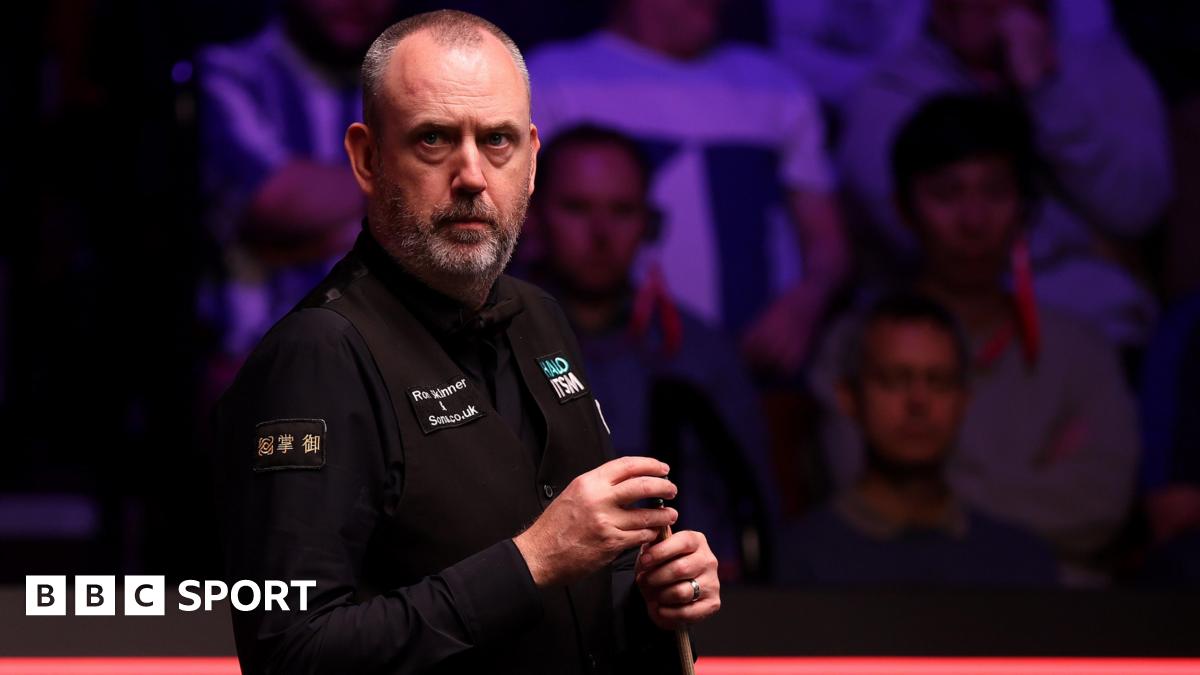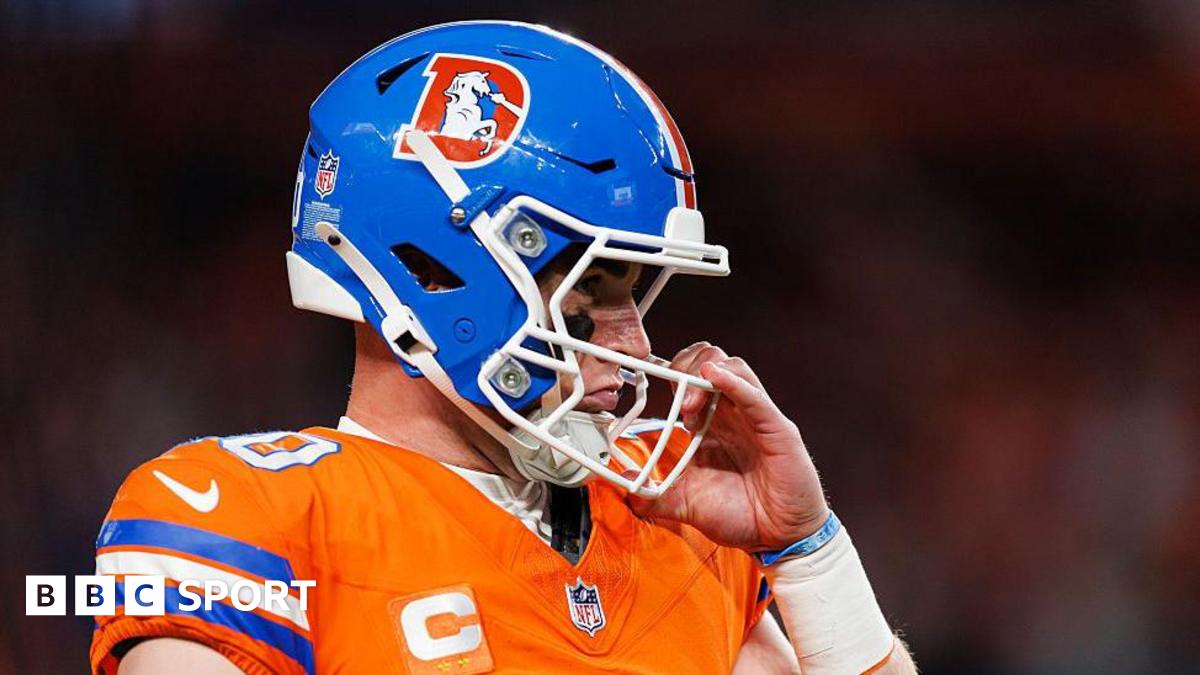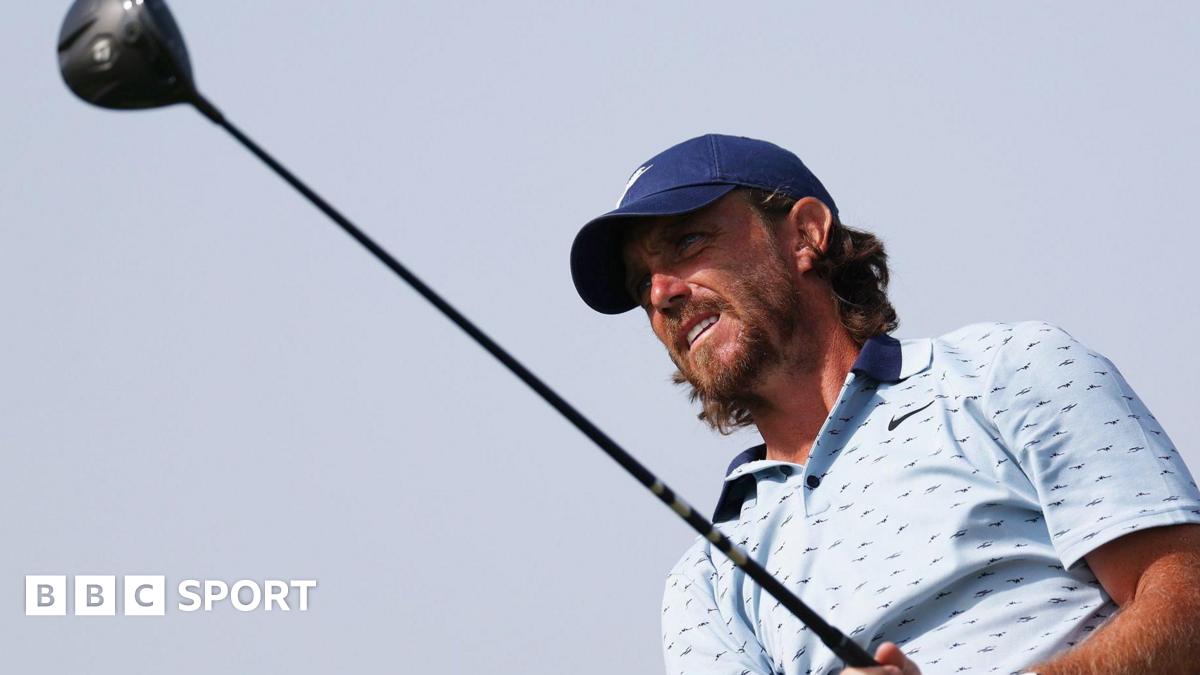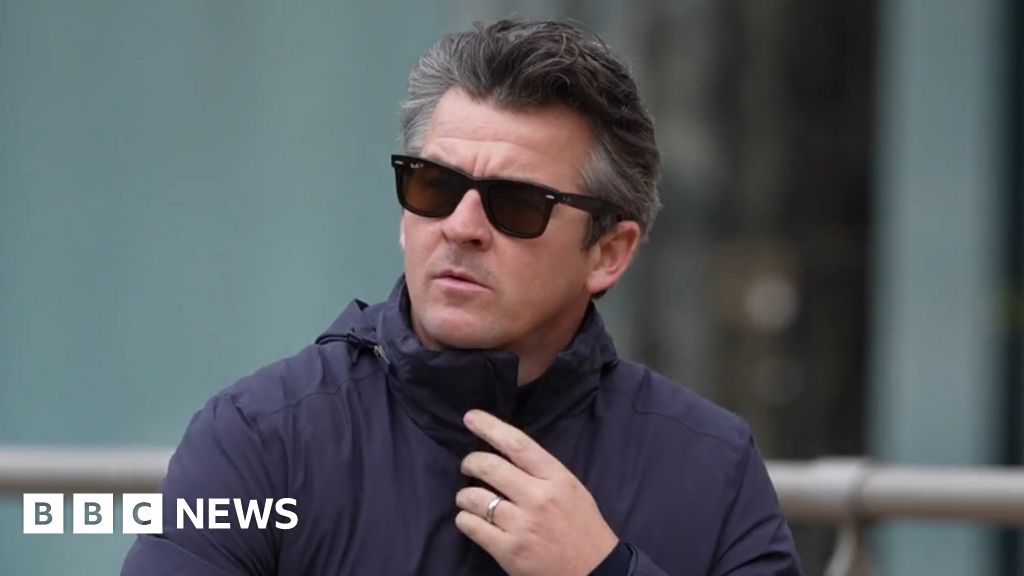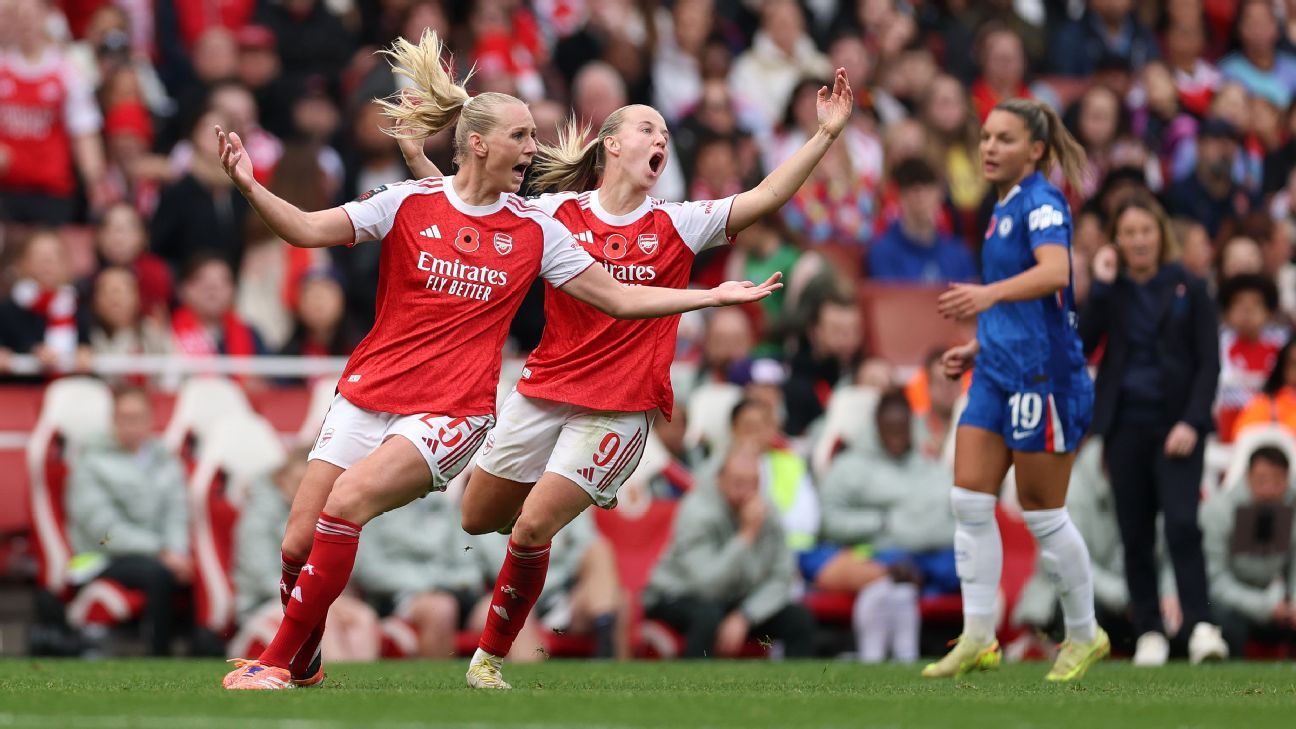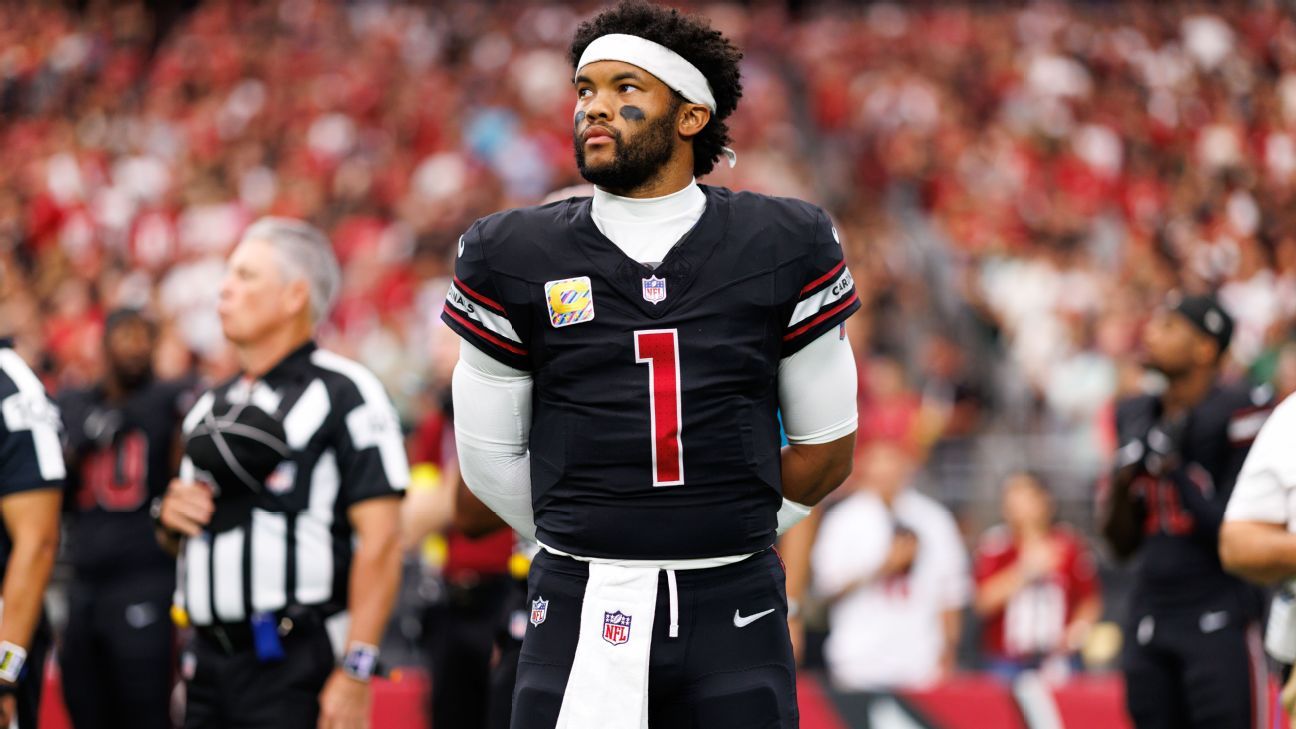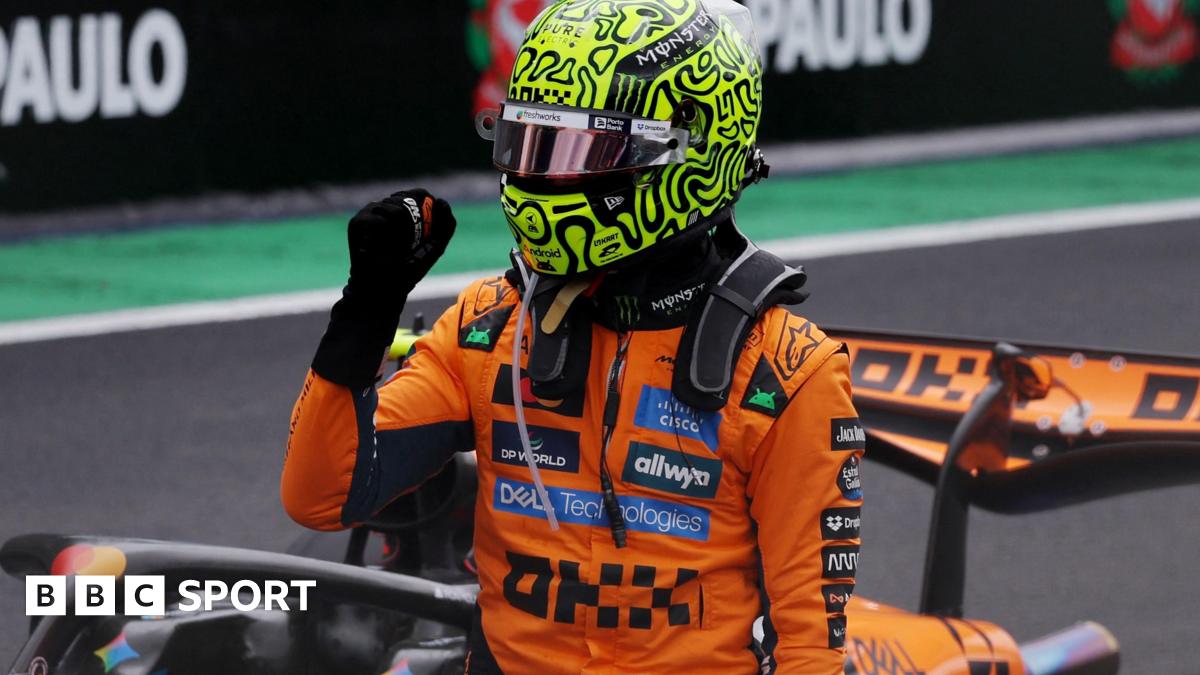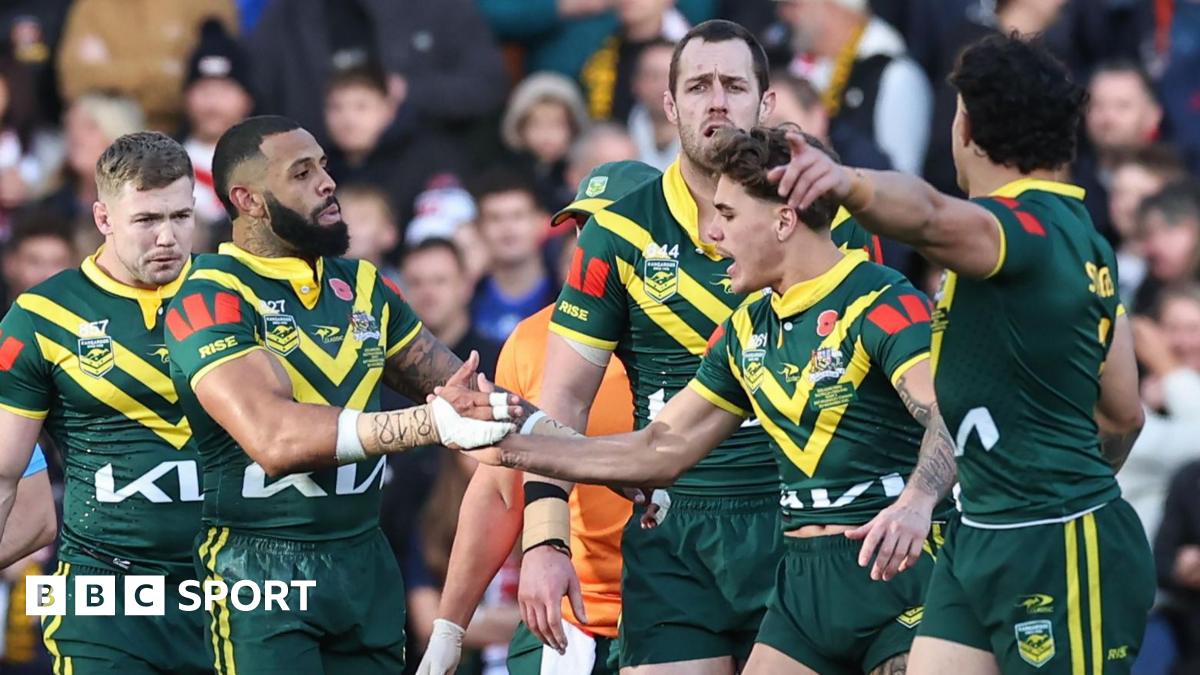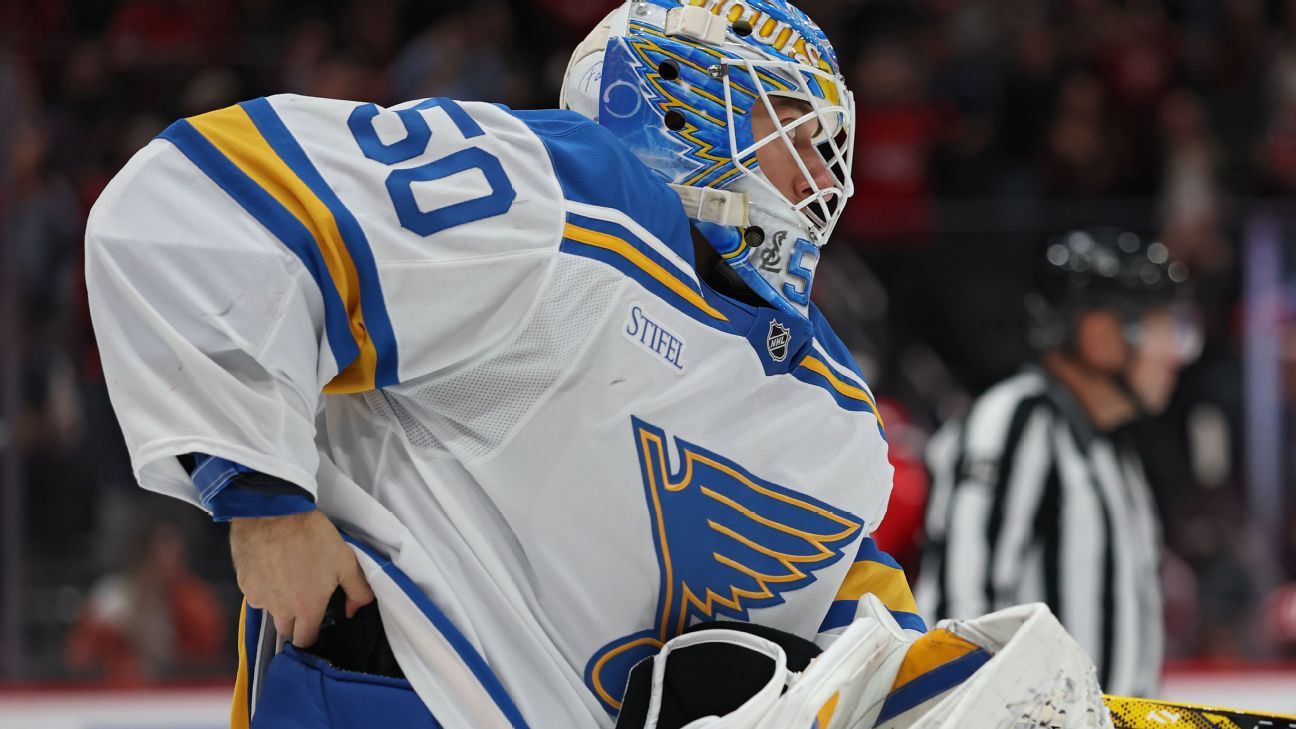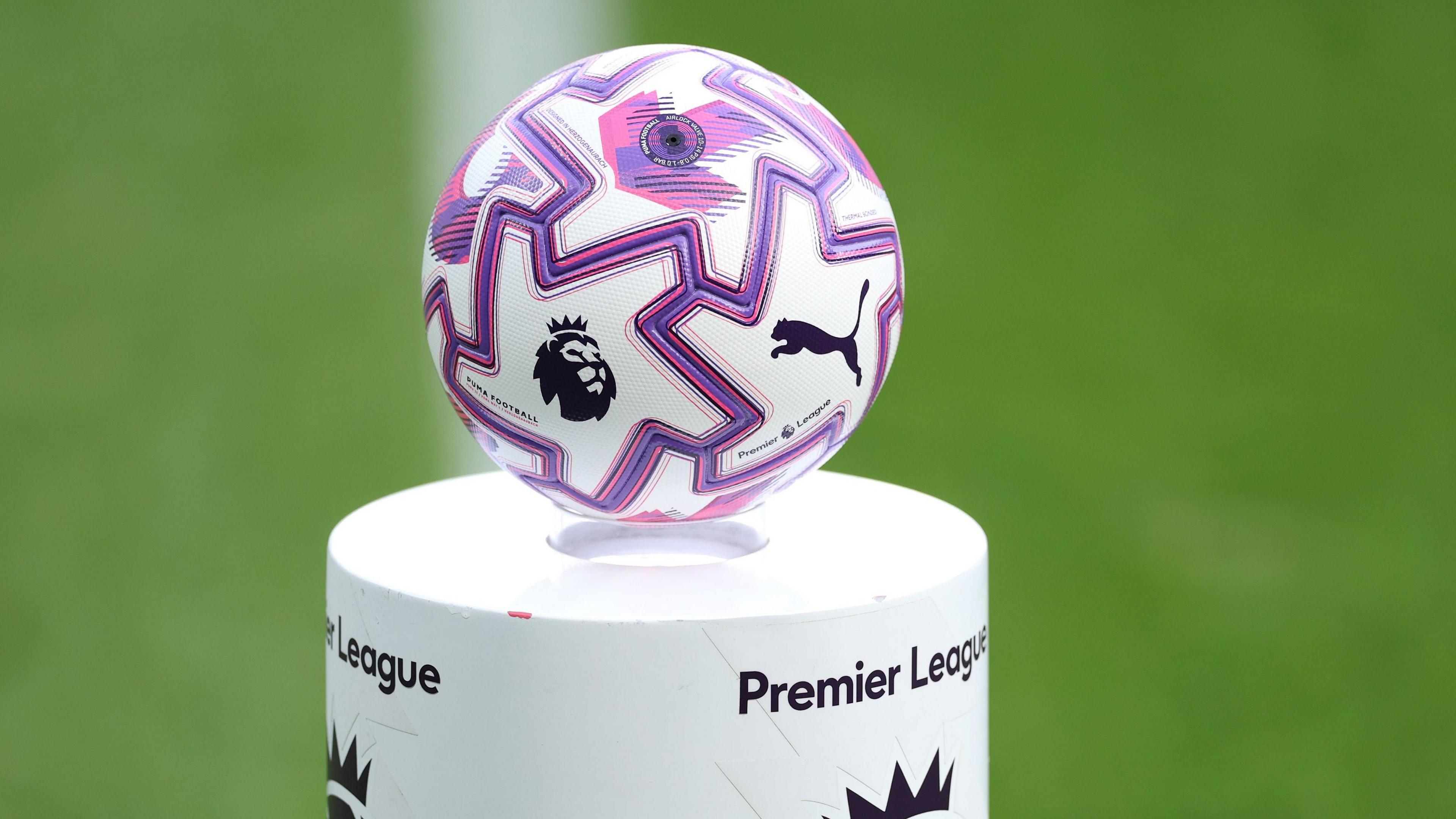 Image source, Getty Images
Image source, Getty Images
Eleven Premier League clubs have a front-of-shirt gambling sponsor
ByDaniel Austin
BBC Sport senior journalist
There were over 5,000 visible gambling advertisements during a recent Premier League match despite a ban that was expected to result in a reduction, researchers found.
New analysis from the University of Bristol, external revealed there were 5,262 instances of gambling advertising during coverage of Manchester City's 4-0 win over Wolves on 16 August.
Of the advertising messages on show, some 91% were visible during live play, with only 9% coming in pre-match and post-match coverage, making it the fixture with the highest number of visible in-play gambling ads since the research was first conducted in 2023.
A 2019 agreement by gambling companies for a self-regulated 'whistle-to-whistle ban' means TV betting adverts are not shown between five minutes before kick-off and five minutes after full-time.
But the 'ban' ends at 9pm and does not cover other forms of visible advertising such as shirt sponsorships, pitchside hoardings and logos on stadium structures, which have all increased in recent years.
In the opening round of games of this Premier League season research found there were 13,200 gambling messages in the UK during the whistle-to-whistle ban period alone, an increase of 32% on the previous year.
"This level of gambling advertising during the Premier League's first weekend is frankly astonishing," said Sir Iain Duncan Smith MP, chair of the Gambling Reform All Party Parliamentary Group.
"The industry claimed it was taking steps to self-regulate and reduce advertising, but yet again they have not kept to their word. The whistle-to-whistle ban is far too limited and is ineffective."
Overall, there were 27,440 gambling messages measured across the entire opening weekend, a slight decrease from last year but still more than triple the tally from 2023.
The total is found by adding together every individual instance of gambling messaging from live match coverage, plus output on TalkSport, Sky Sports News and some social media channels.
There have been growing calls for a ban on gambling advertising, akin to the 2002 ban on tobacco promotion, and in 2023 the Gambling Commission recommended the government should limit the amount and frequency of gambling ads promoted within elite sports venues.
Lord Foster of Bath, chair of Peers for Gambling Reform, said: "The government must simply step in to reduce people's and particularly children's exposure to gambling advertising that we know can lead to harm. The government has all the powers it needs to protect people and it must do so now."
A spokesperson for the Department of Culture, Media and Sport told the BBC: "The government recognises that more work needs to be done to ensure that gambling advertising is appropriate, responsible, and does not exacerbate harm.
"We are consulting a wide range of evidence to inform our next steps in this space and working with industry to further raise standards."
The Premier League did not provide a comment.
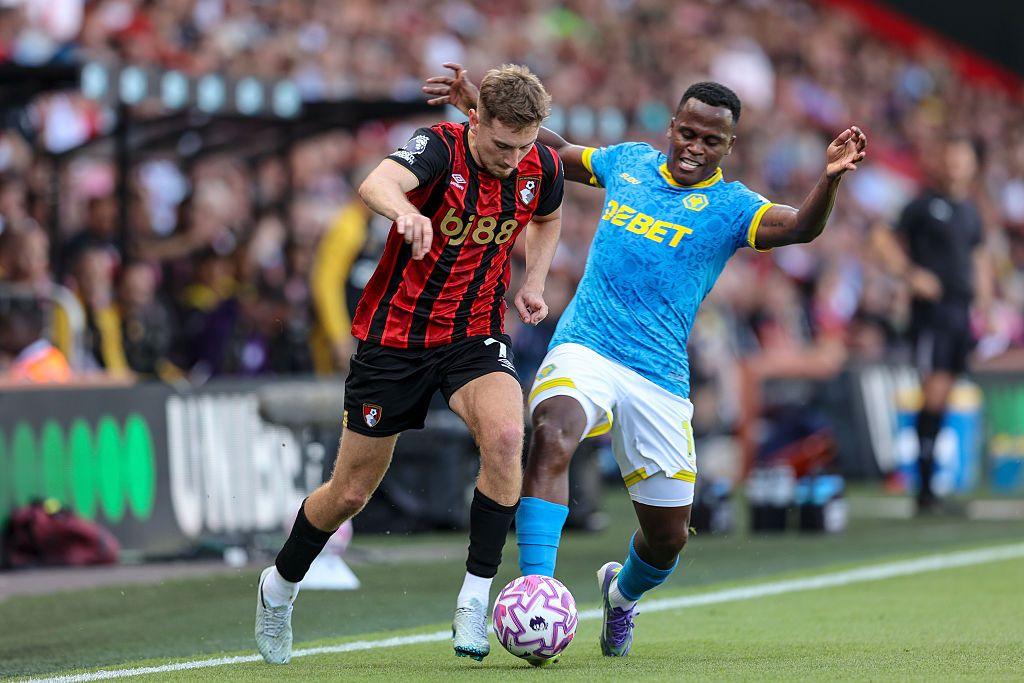 Image source, Getty Images
Image source, Getty Images
Bournemouth and Wolves' gambling sponsors are headquartered in South East Asia and primarily target customers in that region
The University of Bristol's analysis said there were 2,412 advertising messages for 13 gambling companies with no licence to operate in the UK.
A number of Premier League clubs are sponsored by gambling companies who offer no services in the UK, instead using the competition's global popularity to target customers in other territories, most often China.
But advertising for companies operating in other territories can still act as a trigger to bet for people in the UK, if the name and logo is recognisable as gambling promotion.
Last week, the Gambling Commission's annual survey estimated up to 1.4 million adults in the UK, external have a gambling problem.
"The Premier League is now so saturated with gambling marketing that brands are fighting each other for every inch of advertising space," said Dr Raffaello Rossi, part of the research team.
"The evidence is now overwhelming - self-regulation has failed. Voluntary codes are protecting profits, not fans."
Premier League clubs have pledged to introduce a ban on front-of-shirt gambling sponsorships from next season onwards, but some are concerned the move is leading to a shift in the ways gambling companies choose to advertise in football, rather than a reduction.
Duncan Smith, the former Conservative leader, said: "The commitment to reduce front of shirt logos is a tokenistic gesture while the regulators seem incapable of having any impact or properly protecting consumers."

 3 months ago
42
3 months ago
42


